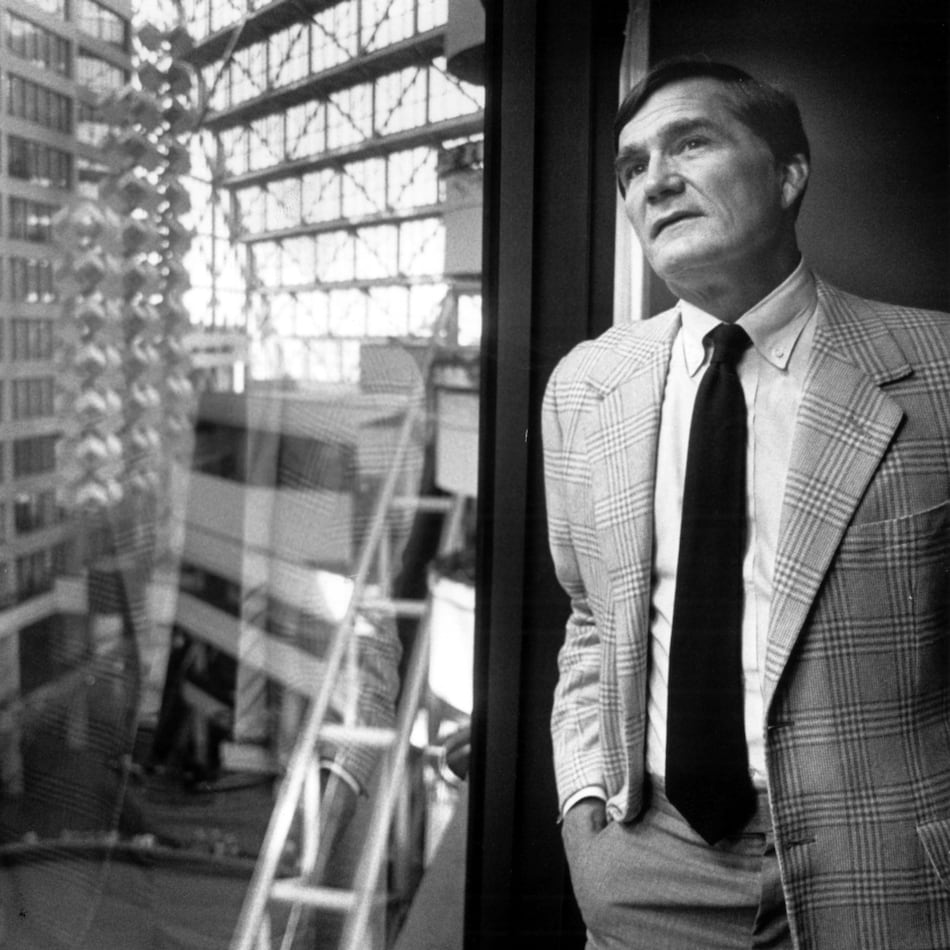NEW YORK (AP) — U.S. stock indexes are edging lower on Wednesday as doubts rise on Wall Street about whether the Federal Reserve will deliver economy-juicing cuts to interest rates by September.
The S&P 500 was down 0.5% in late trading, coming off its first loss after setting all-time highs for six successive days. The Dow Jones Industrial Average was down 311 points, or 0.7%, with half an hour left in trading, and the Nasdaq composite was 0.2% lower.
Stocks felt pressure from rising Treasury yields in the bond market after the Federal Reserve voted to hold its main interest rate steady. The move may upset President Donald Trump, who has been angrily lobbying for lower interest rates, but it was widely expected on Wall Street.
What may have taken investors by more surprise was Fed Chair Jerome Powell's pushing back a bit on expectations that the Fed may cut rates at its next meeting in September. Besides Trump, two members of the Fed's committee have also been pushing for lower rates to ease the pressure on the economy, and they dissented in Wednesday's vote.
But Powell would not commit to such a move, pointing to how inflation remains above the Fed's 2% target, while the job market still looks to be “in balance.”
A cut in rates would give the job market and overall economy a boost, but it could also risk fueling inflation when Trump’s tariffs may be set to raise prices for U.S. consumers. Trump on Wednesday announced a 25% tariff on imports coming from India, along with an additional tax because of India’s purchases of Russian oil, beginning on Aug. 1. That’s when stiff tariffs Trump has proposed for many other countries are also scheduled to kick in, unless they reach trade deals that lower the rates.
“The economy is in good shape, but it's in an unusual situation,” Powell said.
He also said that the Fed will receive two months' worth of data on inflation, the job market and other economic indicators before it meets again to vote on rates in September. That could give more confidence that the risk of high inflation is no longer bigger than the risk of a weak job market, a combination that would prod the Fed toward lowering rates.
Powell's comments drove traders to pare back bets on a cut in September. They now see just a 48% chance of that, down from a nearly 65% probability a day earlier, according to data from CME Group.
The yield on the two-year U.S. Treasury note rose to 3.94% from 3.86% late Tuesday. It tends to closely follow expectations for what the Fed will do with its overnight interest rate.
The 10-year Treasury, which also takes into account longer-term expectations for the economy and inflation, rose to 4.37% from 4.34%.
A report earlier in the morning suggested the U.S. economy’s growth was much stronger during the spring than economists expected. It grew at a 3% annual rate, according to an advance estimate, a full percentage point more than forecast. But underlying trends beneath the surface may be more discouraging.
“Cutting through the noise of the swings in imports, the economy is still chugging along, but it is showing signs of sputtering,” said Brian Jacobsen, chief economist at Annex Wealth Management.
On Wall Street, stocks were mixed as most big U.S. companies continue to report profits for the spring that were bigger than analysts expected.
Humana rose 10.6% after the insurer and health care giant reported stronger results for the spring than expected. It also raised its forecasts for profit and revenue over the full year.
Video-game maker Electronic Arts climbed 6.1% after likewise topping Wall Street's expectations. The company said it saw better-than-expected contributions from EA Sports and other games, and it will reveal its new Battlefield game on Thursday.
Companies are under pressure to deliver solid profit growth. They need to in order to justify the big jumps in their stock prices during recent months, which has caused some critics to say the broad U.S. stock market looks too expensive.
Trane Technologies, whose stock came into the day with a 27.5% gain for the year so far, tumbled even though it reported a stronger-than-expected profit for the latest quarter. The heating, ventilation and air conditioning company's revenue came up short of analysts' estimates, as did its forecast for profit in the current quarter. It dropped 8.7%.
Starbucks swung from a gain to a loss of 1.3% after it reported a weaker profit than analysts expected as it tries to turn around its operations. The company is hoping to boost its performance through improved store operations and new products, including a cold foam protein drink.
Palo Alto Networks fell 6% after saying it would buy CyberArk, an identity-security company, for $25 billion in cash and stock. CyberArk shares slipped 0.2%.
In stock markets abroad, indexes were mixed across Europe and Asia. Hong Kong’s Hang Seng fell 1.4%, and South Korea’s Kospi rose 0.7% for two of the bigger moves.
___
AP Business Writers Matt Ott and Elaine Kurtenbach contributed.
The Latest
Featured


